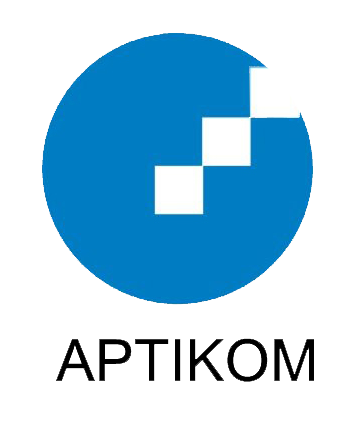DEVELOPMENT CUSTOMER KNOWLEDGE MANAGEMENT (CKM) MODELS IN PURBALINGGA HOSPITALITY USING SOFT SYSTEMS METHODOLOGY (SSM)
Keywords:
customer knowledge management, customer relationship management, knowledge management, soft system methodology, hospitality.
Abstract
Abstract Development of the tourism sector is part of the national development efforts that are being implemented in Indonesia. This research was conducted with the customer to make an overview of knowledge management models to address the existing problems in hospitality in the hospitality Purbalingga as supporting tourism Purbalingga. The model depicts a series of problem-solving activities that result in the hospitality, especially in Purbalingga. This research was action research with methods of Soft Systems Methodology (SSM) with validation using a theoretical approach, expert judgment and user on the object of research. From the research conducted, has produced a model of customer knowledge management in the hospitality tailored to the problems and needs of the hospitality in Purbalingga.Downloads
Download data is not yet available.
Published
2014-08-24
How to Cite
Chasanah, N., Sensuse, D. I., & Lusa, J. S. (2014). DEVELOPMENT CUSTOMER KNOWLEDGE MANAGEMENT (CKM) MODELS IN PURBALINGGA HOSPITALITY USING SOFT SYSTEMS METHODOLOGY (SSM). Jurnal Sistem Informasi, 10(1), 1-7. https://doi.org/10.21609/jsi.v10i1.371
Section
Articles
Authors who publish with this journal agree to the following terms:
- Authors retain copyright and grant the journal right of first publication with the work simultaneously licensed under a Creative Commons Attribution License that allows others to share the work with an acknowledgement of the work's authorship and initial publication in this journal.
- Authors are able to enter into separate, additional contractual arrangements for the non-exclusive distribution of the journal's published version of the work (e.g., post it to an institutional repository or publish it in a book), with an acknowledgement of its initial publication in this journal.
- Authors are permitted and encouraged to post their work online (e.g., in institutional repositories or on their website) prior to and during the submission process, as it can lead to productive exchanges, as well as earlier and greater citation of published work (See The Effect of Open Access).








